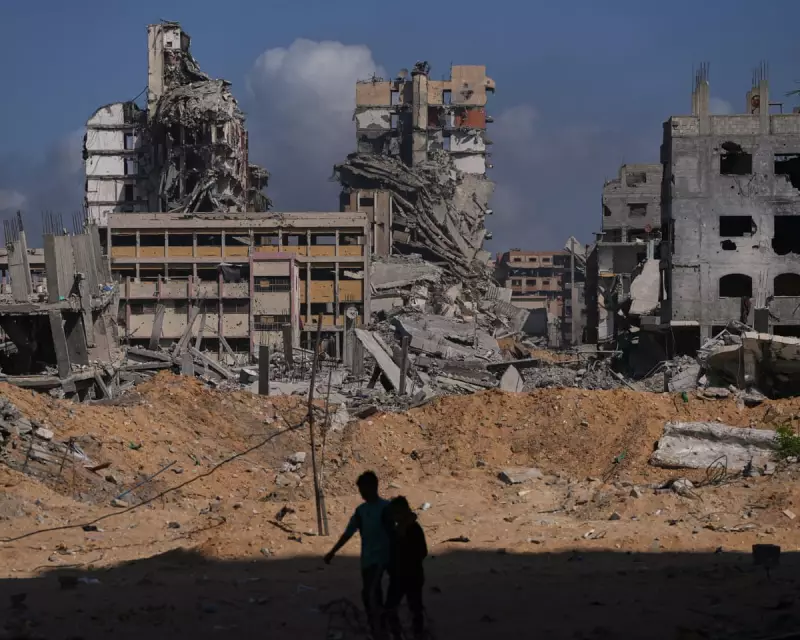
In a significant political breakthrough that could reshape Gaza's future, leading Palestinian factions have announced a consensus agreement to establish an independent committee of technocrats to administer the war-torn territory.
Unity After Conflict
The agreement, confirmed by multiple faction representatives, marks a potential turning point in Gaza's governance structure following months of devastating conflict. The proposed committee would comprise independent experts and professionals rather than political appointees, aiming to create a neutral administrative body focused on reconstruction and basic service restoration.
This development emerges after intensive negotiations between various Palestinian groups, including Hamas and Fatah, who have historically maintained divergent approaches to Gaza's governance. The willingness to cede administrative control to independent technocrats suggests a recognition of the extraordinary challenges facing the territory.
What the Technocrat Committee Means for Gaza
- Independent leadership: The committee will consist of professionals selected for their expertise rather than political affiliation
- Humanitarian focus: Priority will be given to restoring essential services and coordinating reconstruction efforts
- International cooperation: The neutral nature of the administration could facilitate easier engagement with international aid organisations and donor countries
- Interim arrangement: The technocrat administration is envisioned as a temporary measure to stabilise Gaza until more permanent political arrangements can be established
Regional and International Implications
The agreement represents one of the most substantial Palestinian unity developments in recent years. By establishing a technocrat-led administration, the factions aim to create a governance structure that might be more palatable to international partners while addressing the immediate humanitarian catastrophe in Gaza.
Analysts suggest that this arrangement could potentially ease the delivery of aid and reconstruction materials by presenting a more unified Palestinian leadership structure. However, significant challenges remain regarding security arrangements and the relationship with Israeli authorities.
The international community has long advocated for a reformed Palestinian governance structure, particularly in Gaza. This development, while preliminary, indicates a potential pathway toward the "revitalised Palestinian Authority" that many international actors have called for as part of post-war planning.





